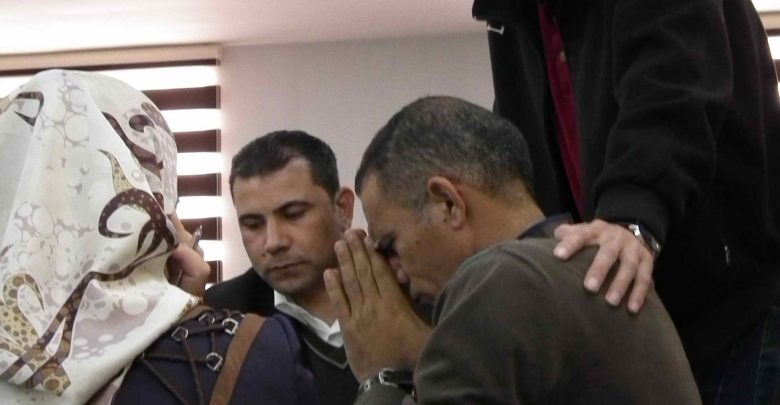-Blog Day 3-Iraqi men and women challenged

Iraqi men and women challenged
By Ilham Makki Hammadi
Today is the third day of the TOT workshop for the “Women’s Power in Politics” Programme. Since the first moments of today’s morning sessions we felt the enthusiasm and energy of the trainees, when the groups recapitulated the second day’s sessions and presented the results of their SWOT analysis exercise, which was done in the last session of the second day. The participants were surprised when they were asked not to discuss the content of the analysis, but just to identify what they learned from the group presentations. Despite the repeated clarification to them that it is required to discuss the progress of the exercise correctly, listening and learning, some of the trainees continued to criticize or advise the presenters and their groups. Some of them also repeatedly used of the phrase “You should do this”. You cannot blame them actually, because this is Iraqi culture concerning dialogue or communication, in addition to the teaching methods used in educational institutions in Iraq until today, as they rely on the principle of indoctrination and learning by heart. It was a surprise to me when one of the participants asked to give a format for formulating the central message, so that the groups could design their messages accordingly. Again, it was emphasized that they are trainers and not consultants. They do not have to give tips to the candidates, but to give the candidates the opportunity to analyze and assess their current status. However, some of the participants did become consultants today, when the participants were asked to give some Iraqi examples and include them in the training materials, which will be distributed to them. After all, some participants felt that the examples discussed today are reflecting the nature of Dutch society, which according to them is quite different from the Iraqi society and its modern democratic experience.
Every time the methodology of working groups proves its success and this is what happened today as well. Everything was challenged in the first day, when we discussed the concept of gender and the notions of equality, of women rights and the challenges that women face in political participation based on the idea that politics is a second interface for power and influence which is the right and competence of men. Through the SWOT analysis however, the participants themselves identified how female candidates have different challenges than male candidates. Today, we could read words on the flipcharts such as custom, traditions, the authority of the family (which is not a challenge for a male candidate). One of the participants, from Maysan province in southern Iraq, which is controlled by customs and traditions and where women are still living the lives of their grandmothers, admitted that he did not do election campaigns for women and when he was asked why not, he answered: “because women have more problems and difficulties than men. For example, we cannot ask a woman to enter the Mudhaif, which is a place where clan or tribe members meet. This place exclusively for men and male candidates usually go there during their election campaigns.” He added that after this workshop, he will work on election campaigns for women in the future.

